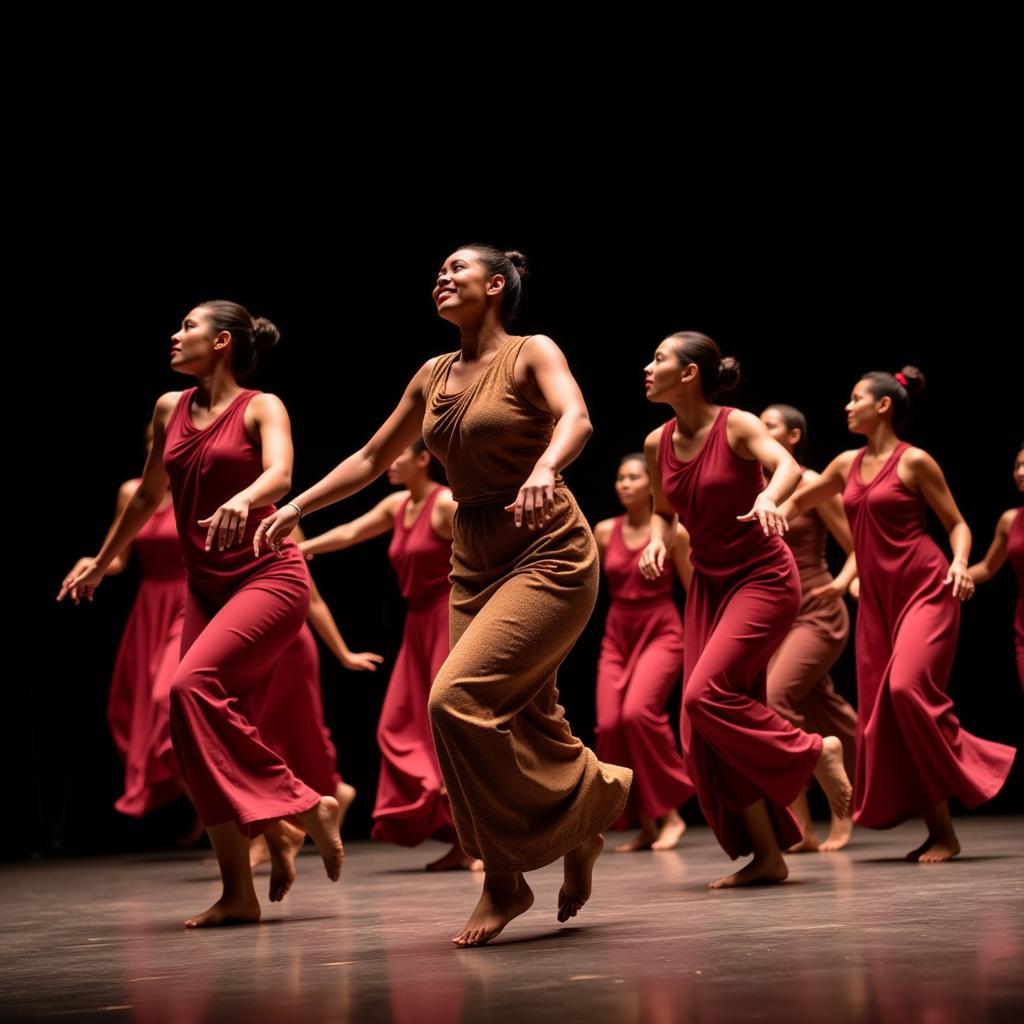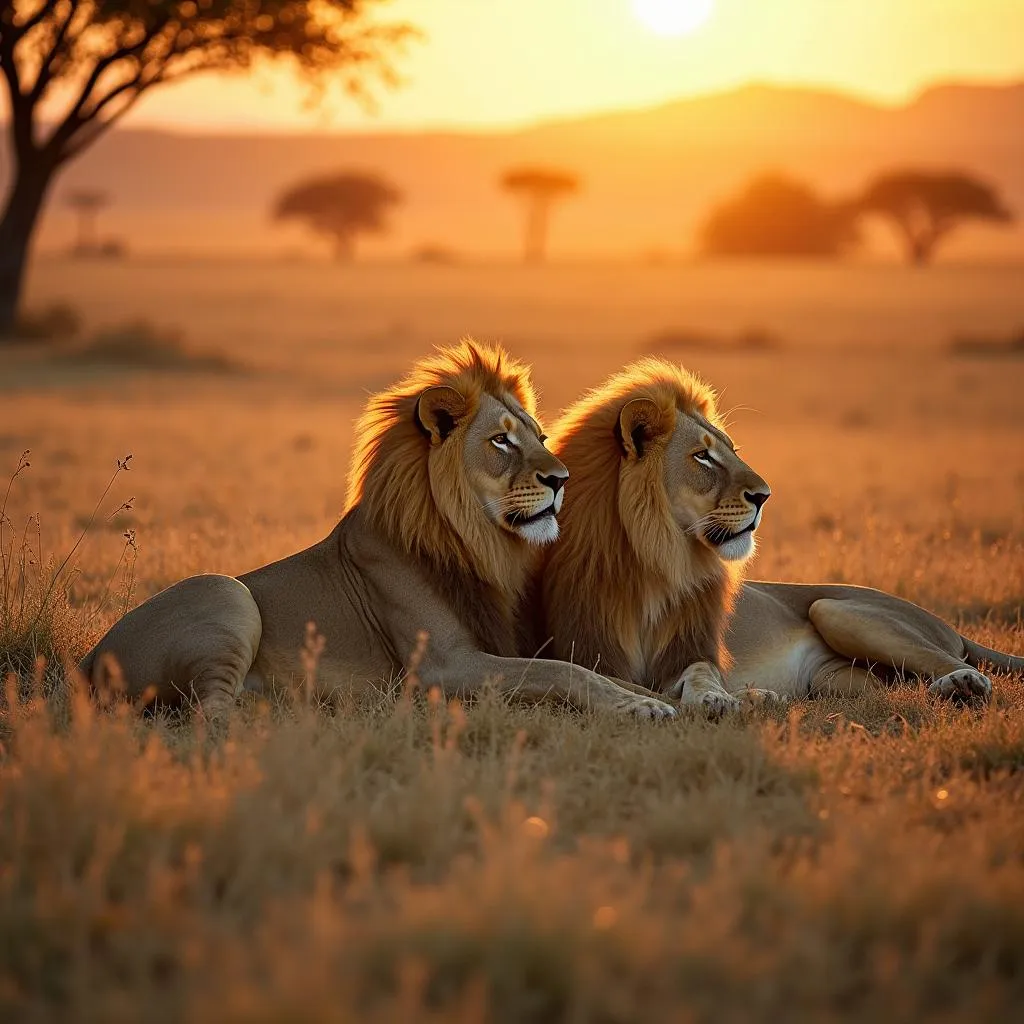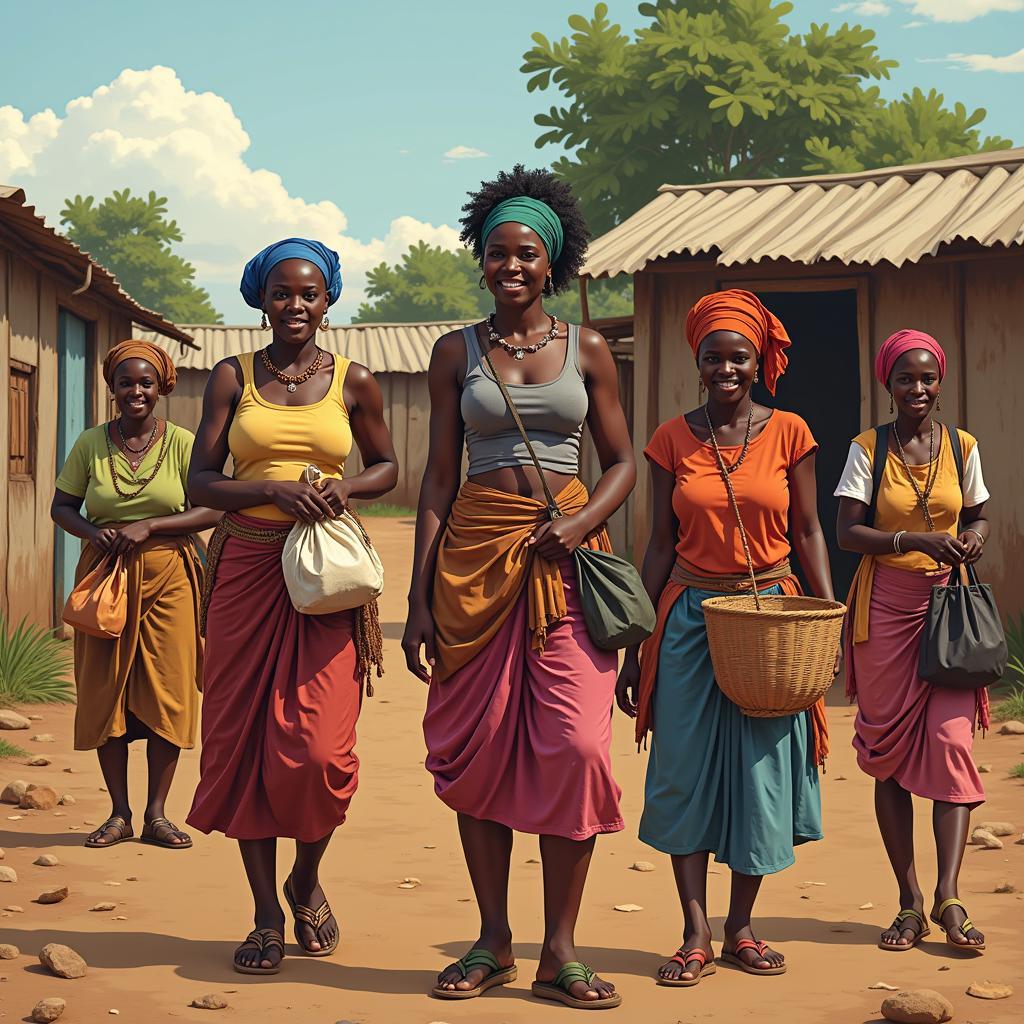Exploring the Cultural Significance Behind the Term “African Booty Butt”
The term “African Booty Butt” can be problematic, objectifying, and rooted in harmful stereotypes. While the phrase might seem like a simple descriptor, it carries a heavy weight, reducing an entire continent’s diverse population to a single physical attribute. This article aims to unpack the cultural complexities surrounding this phrase and explore how perceptions of the Black female body have been shaped by historical and societal forces.
The Dangers of Generalization and the Male Gaze
It is crucial to understand that Africa is not a monolith. Its 54 countries boast a breathtaking array of cultures, ethnicities, and physical appearances. Reducing this vast diversity to a single physical characteristic like “booty butt” not only perpetuates harmful stereotypes but also ignores the rich history, traditions, and accomplishments of African people.
Furthermore, the phrase “African booty butt” often arises from a perspective known as the “male gaze,” which objectifies and sexualizes women’s bodies, particularly Black women’s bodies. This gaze often disregards the personhood of women, reducing them to objects of desire rather than individuals with agency, intellect, and complex identities.
Historical Context: From Hypersexualization to Appropriation
The hypersexualization of Black women’s bodies has deep historical roots, tracing back to the transatlantic slave trade and the era of colonialism. During these periods, Black women were often portrayed as hypersexual beings, with their bodies viewed as objects of possession and exploitation. This distorted image has unfortunately persisted throughout history, influencing modern perceptions and contributing to the fetishization of certain body types.
Today, we see this fetishization manifesting in various ways, including the appropriation of Black culture. The fascination with “African booty butt” often goes hand in hand with an appropriation of Black music, dance, and fashion, often without acknowledging the origins, cultural significance, or struggles associated with these elements.
Shifting the Narrative: Celebrating Diversity and Challenging Stereotypes
It’s essential to challenge and dismantle these harmful stereotypes. We can do this by:
- Celebrating the diversity of beauty: Africa is a continent of stunning diversity, and this includes a wide spectrum of body types. Let’s celebrate this diversity and reject narrow, often Westernized, beauty standards.
- Amplifying African voices: It’s crucial to center the voices and experiences of African women, allowing them to define their own beauty and narratives on their terms.
- Promoting media literacy: Critically examine how media portrays Black women and challenge representations that perpetuate harmful stereotypes.
 African Dance Performance
African Dance Performance
By recognizing the problematic nature of phrases like “African booty butt” and understanding their historical and social context, we can begin to challenge these harmful stereotypes and appreciate the true diversity and beauty of African people.

